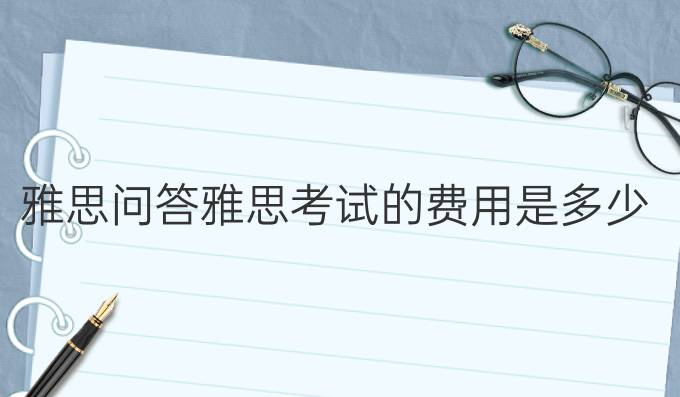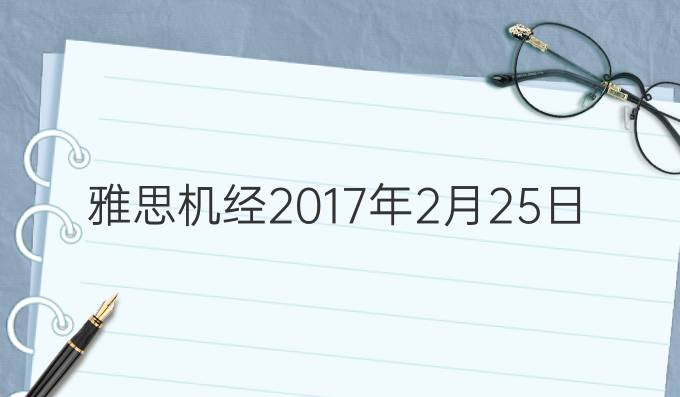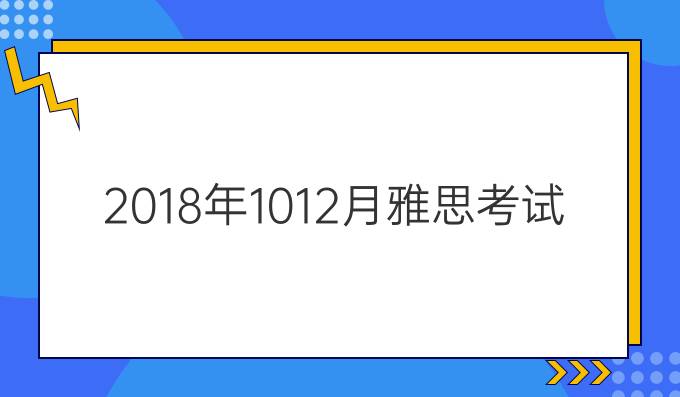很多考生在面临雅思备考的时候,往往因为阅读头疼,多半都是因为答题的速度不够快,重视质量忽略时间,这也成为了考生失分的原因。那么,今天小编就来为大家分享,雅思阅读试题,赶快开始练习吧。

Key and Explanations:
1. D
See Paragraph 3: ...Alex Mischenko, of Cambridge University. Using commercially available paraelectric film, he and his colleagues have generated temperature drops...
2. C
See Paragraph 5: The first Pentium chips sold by Dr Moore's company, Intel, in 1993, ran at 60m cycles a second.
3. F
See Paragraph 8: ...Rama Venkatasubramanian, of Nextreme Thermal Solutions in North Carolina, claims to have made thermoelectric refrigerators that can sit on the back of computer chips and cool hotspots by 10℃.
4. E
See Paragraph 8: Ali Shakouri, of the University of California, Santa Cruz, says his are even smaller梥o small that they can go inside the chip.
5. B
See Paragraph 9: To improve on this, IBM's research laboratory in Zurich is experimenting with tiny jets that stir the liquid up and thus make sure all of it eventually touches the outside of the channel--the part where the heat exchange takes place.
6. TRUE
See Paragraph 2: ...paraelectric materials. These act like batteries when they undergo a temperature change: attach electrodes to them and they generate a current.
7. FALSE
See Paragraph 3 (That may be enough to change the phenomenon from a laboratory curiosity to something with commercial applications. ) and Paragraph 4 (As to what those applications might be, Dr Mischenko is still a little hazy. He has, nevertheless, set up a company to pursue them. He foresees putting his discovery to use in more efficient domestic fridges?
8. FALSE
See Paragraph 5: Heat is released every time a logical operation is performed inside a microprocessor, so the faster the processor is, the more heat it generates. Doubling the frequency quadruples the heat output.
9. NOT GIVEN
See Paragraph 9: In the future, therefore, a combination of microchannels and either thermoelectrics or paraelectrics might cool computers.
10. D
See Paragraph 6: Tweaking the processor's heat sinks ?has reached its limit. So has tweaking the fans that circulate air over those heat sinks. And the idea of shifting from single-core processors to systems?also seems to have the end of the road in sight.
11. heat
See Paragraph 1: Today's high-tech world, however, demands high-tech refrigeration. Heat pumps are no longer up to the job. The search is on for something to replace them.
12. paraelectric
See Paragraph 3: Using commercially available paraelectric film, he and his colleagues have generated temperature drops five times bigger than any previously recorded.
13. thermoelectric
See Paragraph 7: ...the thermoelectric effect. Like paraelectric materials, this generates electricity from a heat source and produces cooling from an electrical source. Unlike paraelectrics, a significant body of researchers is already working on it.
14. radiator
See Paragraph 9: The last word in computer cooling, though, may go to a system even less techy than a heat pump--a miniature version of a car radiator.
以上就是小编为各位小伙伴整理的雅思阅读试题以及答案了,不知道有没有给你带来帮助呢?像这样的试题还有许多,我们在最开始的时候,可以先以正确率为主,逐渐提升自己的做题速度。
.png)






